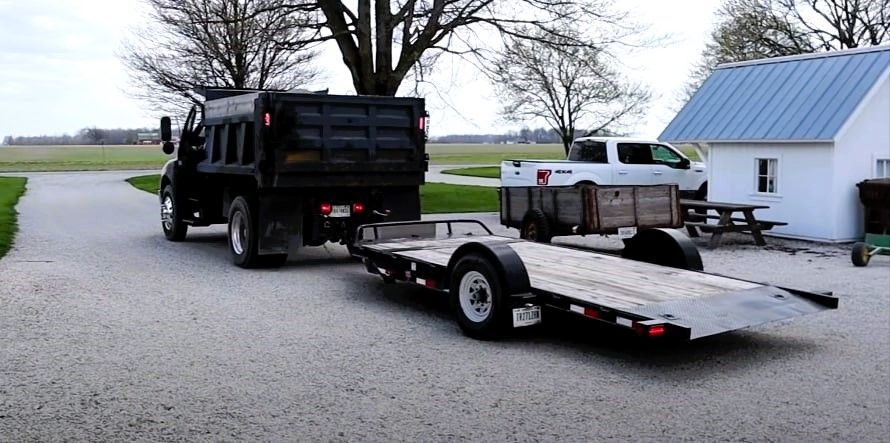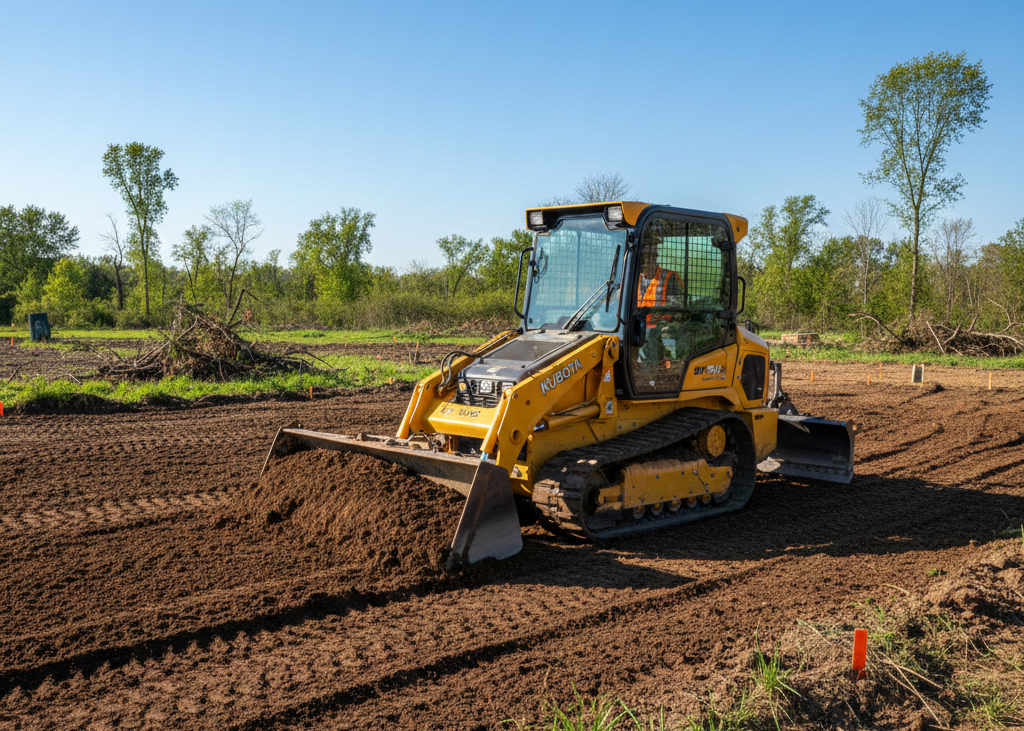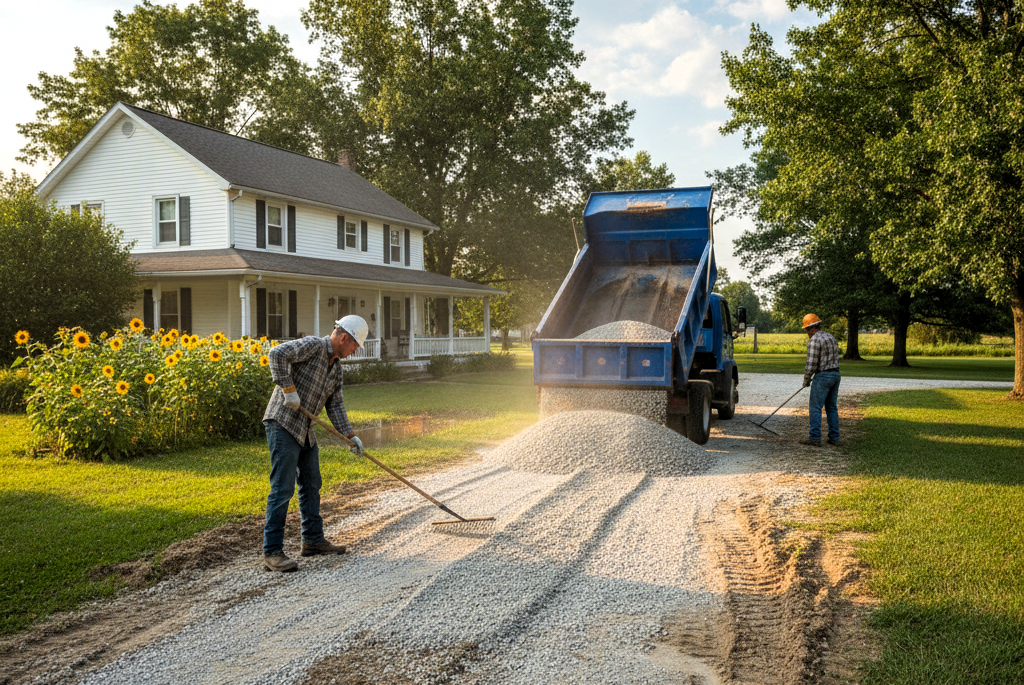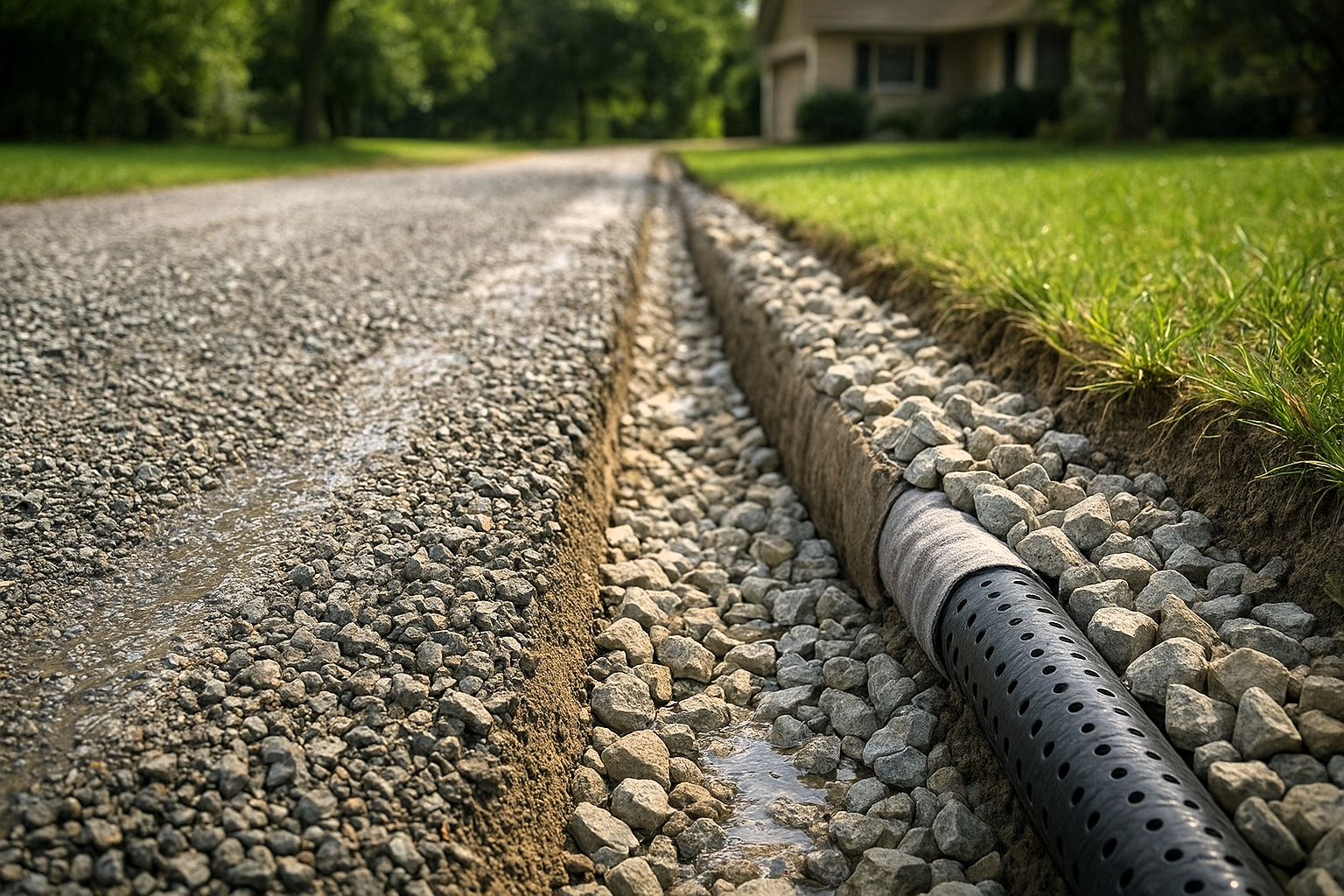Choosing Between Gravel and Concrete Driveways: What's Best for Your Home?
What are the factors to consider when choosing the best material for your driveway?

Deciding on the right driveway for your home is a significant choice that impacts its functionality and curb appeal. Gravel and concrete driveways are both popular options, each with their own positives and negatives. Let's dive into these factors to help you make an informed decision that suits your needs without overwhelming you.
Concrete Driveways: Timeless and Sturdy
Concrete driveways are well-known for their durability and polished appearance. Freshly laid concrete offers a smooth surface for vehicles and elevates your property's overall look. However, over time, concrete driveways may develop cracks and stains, particularly in areas with harsh weather conditions.
Maintenance is another consideration with concrete driveways. Keeping them in top shape requires regular sealing and occasional repairs to prevent further damage and maintain their original flawless look. Cleaning oil spills and tough stains can also be challenging and may require specific cleaning solutions.
One drawback of concrete driveways is their limited drainage capability. Water cannot seep through the surface, leading to potential pooling during heavy rainfalls. This can result in localized flooding and water accumulation issues, especially without proper drainage slopes.
Upgrade Your Driveway with Permeable Pavers: Modern and Eco-Friendly
If you're seeking a modern and environmentally friendly driveway option, consider gravel driveways with permeable pavers! Unlike traditional concrete driveways, these pavers offer several advantages that not only enhance your property but also benefit the environment.
A notable feature of gravel driveways with permeable pavers is their stability. The pavers keep the gravel in place, preventing shifting and ensuring a durable surface. They also allow water to pass through, promoting natural drainage and reducing water accumulation and environmental impact.
Gravel driveways require less maintenance compared to concrete ones. While concrete may
develop cracks over time and need frequent sealing, gravel driveways can be refreshed easily by adding more gravel as needed. They also add a rustic charm that complements various architectural styles and landscaping designs, enhancing your property's overall appeal.
When it comes to
installation, gravel driveways with permeable pavers are often easier to install as a DIY project or with professional help, ensuring a smooth and efficient process.
Key Considerations for Your Driveway
- Durability: Both concrete and gravel driveways can withstand wear and tear with proper care. Concrete driveways may require more upkeep over the years, whereas gravel driveways are generally easier to maintain.
- Maintenance: Gravel driveways are simpler to maintain compared to concrete. Adding more gravel and leveling it occasionally can keep it looking great for years.
- Environmental Impact: Gravel driveways promote natural water drainage and reduce flooding risks, making them environmentally friendly.
- Aesthetics: Concrete driveways offer a sleek appearance, while gravel driveways with permeable pavers add a rustic charm and customization options with different gravel types.
- Cost: While concrete driveways may have a higher initial cost, consider long-term expenses for maintenance and repairs.
Making Your Choice: Gravel vs. Concrete
When deciding between gravel and concrete driveways, consider your priorities. Do you value durability, easy maintenance, and eco-friendliness? If so, a gravel driveway with permeable pavers could be ideal. However, if you prefer a polished look and don't mind occasional maintenance, a concrete driveway might suit you better.
Ready to upgrade your driveway?
Contact Marion Gravel Driveways & Grading today for personalized advice and reliable services to bring your driveway vision to life!


